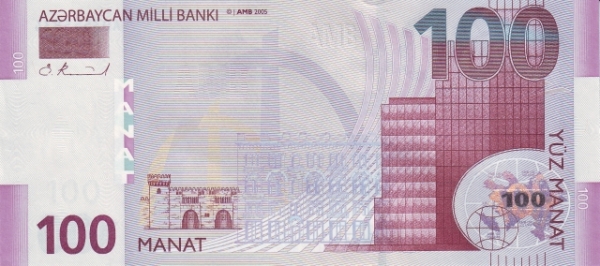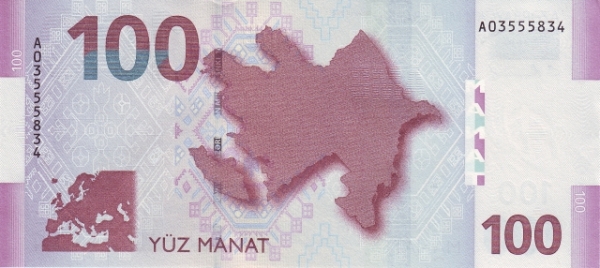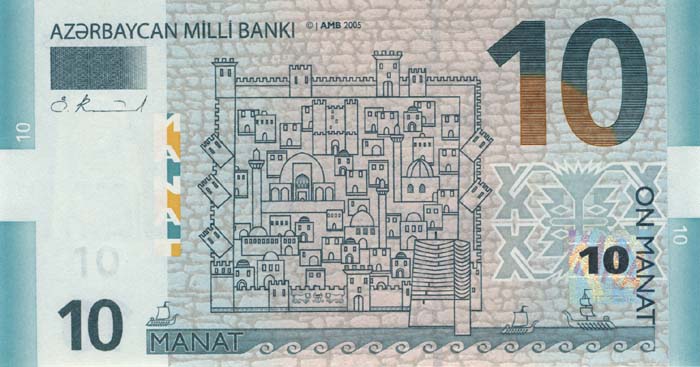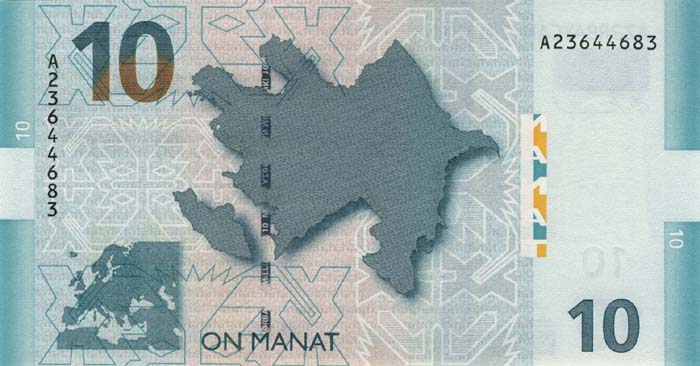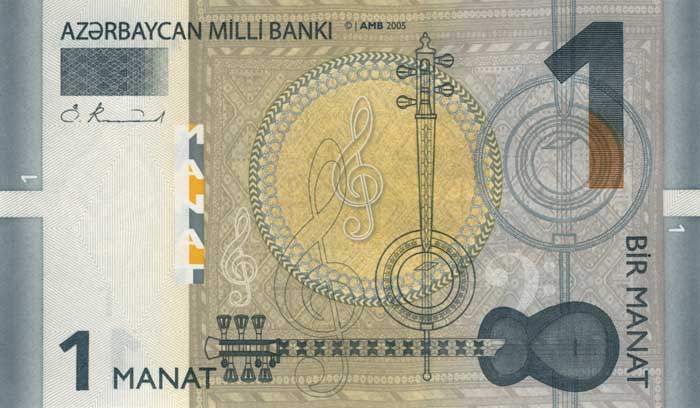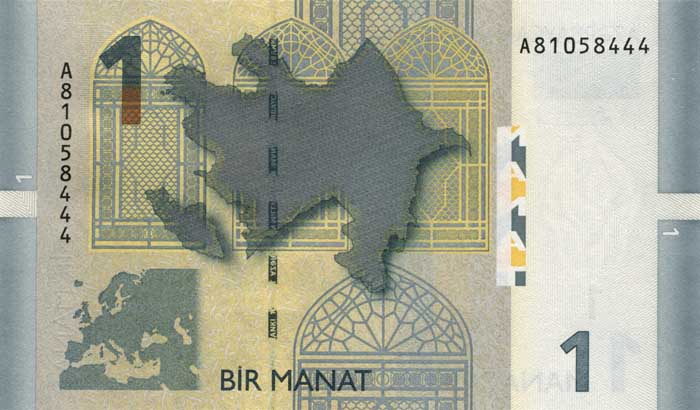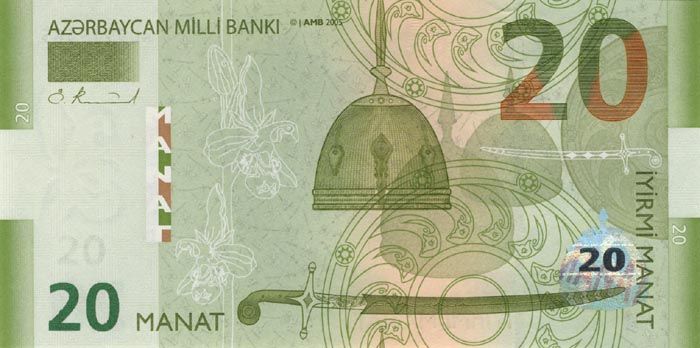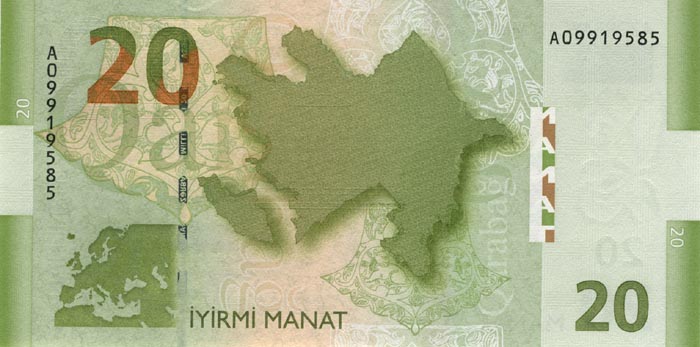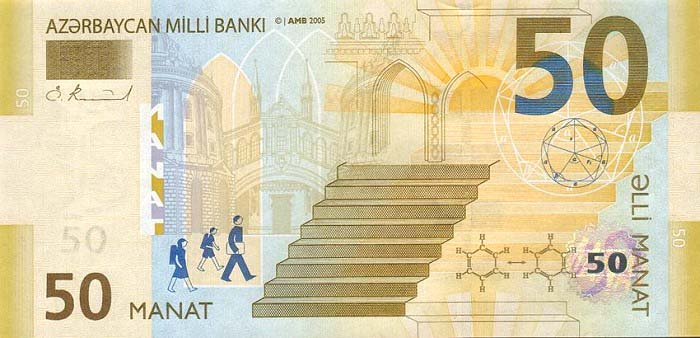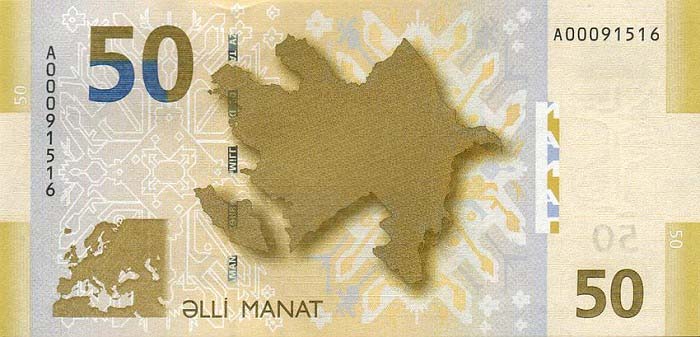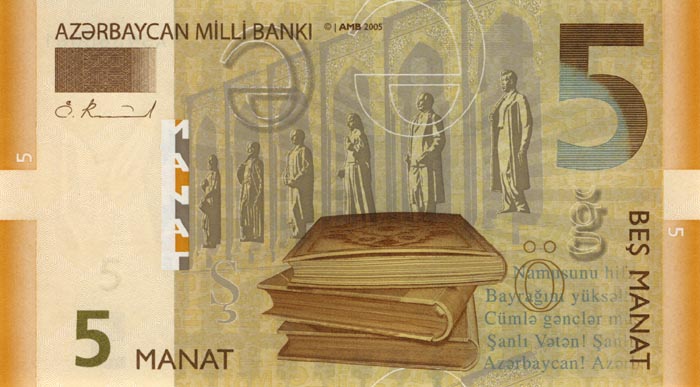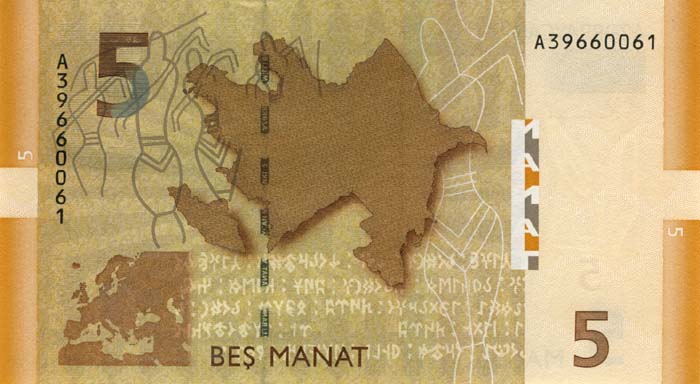Azerbaijan: A Gem at the Crossroads of East and West
Azerbaijan, a vibrant country located in southwestern Asia, boasts a rich tapestry of history and culture. This former Soviet republic declared its independence in 1991, following the collapse of the Soviet Union. Nestled between the magnificent Great Caucasus Mountains to the north and the Caspian Sea to the east, Azerbaijan showcases spectacular natural beauty and significant geographical diversity.
Geographical Wonders of Azerbaijan
The name Azerbaijan historically refers to a larger region that once formed part of Persia (modern-day Iran). An exploration of the country reveals its borders: Iran lies to the south, Armenia rests to the west, and Georgia and Russia crown the northern frontier. Notably, the Azeri autonomous republic of Nakhchivan emerges as an enclave within Armenia, and it strategically adjoins Turkey in the west. Among its distinguished geographical features, the highest point, Bazarduzu Dagi, reaches an impressive height of 4,485 meters, drawing adventure seekers and nature enthusiasts alike.
Demographics and Culture
Azerbaijan encompasses an area of approximately 86,600 square kilometers, making it slightly larger than Austria or marginally smaller than Maine in the U.S. As of 2016, the population stood at around 9.7 million people. While the main religion is Islam, it's intriguing to note that Azerbaijan is one of the few nations in the world with a majority Shiite population, with about 85% being Shiite Muslims and roughly 15% adhering to Sunni practices. This unique religious landscape provides the country with a distinctive cultural identity.
Baku: The Heart of Azerbaijan
The capital city, Baku, serves as the beating heart of Azerbaijan. This bustling metropolis perfectly blends modernity with tradition, as seen in its striking architecture and vibrant streets. Azeri is the official language spoken by around 90% of the population, with Russian being spoken by about 2% of the people. This linguistic diversity contributes to the rich cultural experience that Azerbaijan offers.
A Brief Historical Overview
The Azerbaijan Democratic Republic emerged in 1918, marking it as the first democratic and secular republic in the Muslim world. However, just two years later, it found itself incorporated into the Soviet Union. The pivotal moment of regaining independence arrived in 1991, a significant milestone in the nation's modern history. Today, Azerbaijan stands proudly among the six independent Turkic states, with 95% of its population identifying as Muslim, predominantly Shiite.
Continued Conflicts and Challenges
Sadly, the conflict with Armenia over Nagorno-Karabakh continues to mar Azerbaijan's political landscape. This region, mostly populated by ethnic Armenians, became a focal point of dispute following the recognition of its status as part of Soviet Azerbaijan in the 1920s. Although a cease-fire agreement took place in 1994, tensions remain unresolved, influencing Azerbaijani society and its international relations.
Governance and Socioeconomic Landscape
Corruption appears to be a pervasive issue across Azerbaijan. The government, removing presidential term limits through a referendum in 2009, faces accusations of authoritarian rule. These political dynamics have significant implications for the country's socioeconomic development. Despite these challenges, Azerbaijan continues to pursue various economic reforms aimed at bolstering growth and stability.
A Diverse Economy
The economy of Azerbaijan exhibits diversity, fueled primarily by the oil and gas sector. This vital industry plays a crucial role in the nation’s revenues and economic health, allowing for investments in other sectors. Agriculture, tourism, and services also contribute to the economy, making it imperative for the nation to embrace sustainability and innovation. The government remains focused on leveraging its resources to create a more diversified economic landscape.
Cultural Treasures of Azerbaijan
Azerbaijan possesses a rich cultural heritage that reflects its unique history and diverse influences. The nation is renowned for its music, art, and traditional crafts, often blending Eastern and Western styles. Mugham, a traditional musical genre, beautifully illustrates this fusion, captivating audiences with its intricate melodies and rhythms. Additionally, the art of carpet weaving has gained international acclaim, showcasing the skill and creativity rooted in Azerbaijani traditions.
Delicacies of Azerbaijani Cuisine
Azerbaijan's culinary landscape offers a delightful blend of flavors that tantalize the taste buds. Balanced between meat and vegetarian dishes, Azerbaijani cuisine draws inspiration from various cultures. Dishes like plov (rice pilaf) embody the essence of local gastronomy, often accompanied by aromatic herbs and spices. Food plays an integral role in social gatherings, reflecting the warmth and hospitality characteristic of Azerbaijani culture.
Festivals and Celebrations
The vibrant festivals in Azerbaijan commemorate its rich traditions while fostering national pride. Novruz Bayram, celebrating the Persian New Year, marks the arrival of spring with various customs, including the preparation of special dishes and the observance of age-old rituals. Such festivities reinforce community bonds and highlight the culture's historical roots.
Natural Beauty and Tourism Potential
Azerbaijan’s landscapes encompass everything from lush forests to stunning mountain vistas, offering thrilling opportunities for outdoor activities. The Gir/giclent Valley, with its dramatic scenery, attracts nature enthusiasts and hikers year-round. Additionally, the Caspian Sea's pristine beaches provide a serene escape for locals and tourists alike. Not only does Azerbaijan possess rich historical sites, but its natural beauty positions it as an emerging tourist destination.
Conclusion: The Future of Azerbaijan
In summary, Azerbaijan is a dynamic nation, navigating modern challenges while proudly embracing its rich heritage. The interplay of its geographical wonders, diverse culture, and resilient spirit makes Azerbaijan a fascinating country to explore. As it charts its future, Azerbaijan continues to captivate individuals worldwide, inviting everyone to discover its vibrant landscape and intricate tapestry of traditions.
Largest cities of: Azerbaijan
| City Name | Population | Year of foundation | |
| Baku | 2,234,000 | B 884 | |
| Sumgayit | 340,000 | 1949 | |
| Ganja | 335,000 | circa 3000 B | |
| Lankaran | 200,000 | 1806 | |
| Shirvan | 107,000 | circa 862 | |
| Mingachevir | 100,000 | 1945 | |
| Gabala | 85,000 | 3000 | |
| Khachmaz | 45,000 | 1880 |
Azerbaijan: Money
